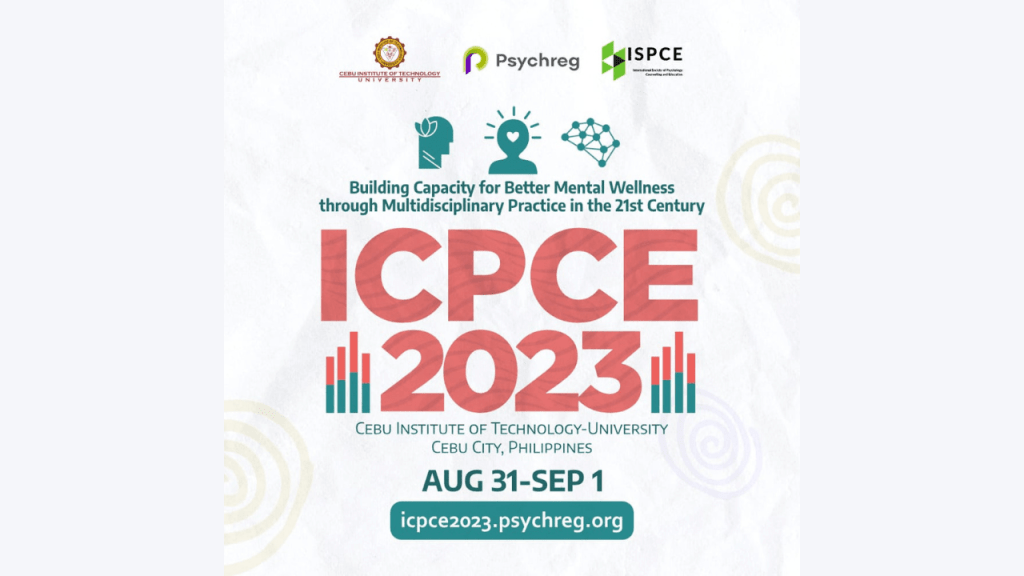Social media is not a new phenomenon by any means. We had MySpace, and Orkut, well before the likes of Facebook and Snapchat dominated app stores and subscriber counts worldwide. And ever since smartphones graced our palms and pockets, the reliance on social media to share every snippet of our lives has grown too.
These apps have evolved to become overly addictive, as the more features that are added to them, the more people use them, and thus our dependency on them becomes even more encapsulating. It becomes a real concern for parents who have young kids.
Kids are susceptible to the allure of social media apps as all the flashy features are made to be addictive on purpose. TikTok for example shows short, snappy videos that can be finished in a few seconds. Therefore, the user goes down a rabbit hole of content that fires up kids’ already sensitive neurons.
Today, we’ll be looking at ways to help your children cut down their screen-time hours and limit their dependency on social media apps.
Social media destroys mental health
According to the American Academy of Child & Adolescent Psychiatry, 90% of 13- to 17-year-olds in the US use or have used social media. They’re also using it more often than ever before.
According to Statista statistics from 2020, 63% of US parents indicated that their adolescents used social media more than they did before the epidemic.
This increase in young people’s use of social media correlates with an increase in mental health problems. Many health specialists believe it is a second pandemic.
Kids turn to social media to obtain some sort of relief from the pressures in their daily lives. And studies have shown that social media offers temporary distractions at the moment, but depending on how much and how often they turn to it, it can lead to addiction, dependence, and a loss of concentration.
Thus, using social media as a coping mechanism can alleviate some of the short-term issues, but the ameliorated problems can return worse down the line. Kids’ self-confidence and esteem a negatively impacted as well, causing severe anxiety issues in them.
They might see famous social media accounts and get jealous of the attention they get, so they try to mould themselves to better appease others, losing their identity in the process. Then there is the issue of cyberbullying as well.
Cyberbullying is the purposeful and repeated infliction of harm via electronic devices, video games, and online social media platforms. It frequently manifests itself as hate accounts, detrimental social media posts, online rumours and gossip, and obnoxious statements during gaming sessions. The goal is almost always to embarrass, threaten, humiliate, intimidate, or mistreat the victim.
Some research on the subject has even concluded that people who are cyberbullied experience a range of consequences, including emotional, physical, mental, and academic challenges. Furthermore, cyberbullying is a significant source of stress in the life of a young person. Cyberbullying leaves young people feeling hurt, embarrassed, and, in some situations, scared.
They are not only routinely blamed for the anguish and harassment they are subjected to, but they are also left feeling extremely apprehensive.
Don’t take everything at face value
Thus, when it comes to social media, there are surely numerous difficulties that must be handled. But there is still hope. When it comes to the prevalence of bogus news on social media, teenagers can take responsibility.
Nothing said or spoken on social media should ever be taken at face value. They should not fall for the age-old clickbait headline gimmick. When reading something online, everyone should do their research and look for reputable sources.
There is a simple yet effective answer to the issue of cyberbullying and internet stalking. No, I’m not referring to removing one’s social media presence and becoming anonymous. I’m also not suggesting that parents confiscate their children’s cell phones. It’s a lot more delicate than that. I’m referring to parents who take an active role in their children’s education.
Solution: parents should take an active interest in their kids’ lives
Parents should talk to their teenagers about safe and risky Internet activities, as well as acceptable and inappropriate behaviour. Parents can also respond to teenagers’ inquiries by answering them and providing assistance.
They can also do actual activities to monitor or check up on their kids’ online activity, such as tracking which websites a teen has visited, viewing his or her social media profiles, or adding him or her as a social media friend.
This is easier said than done because no adolescent would willingly give up their phones and risk having to justify their activities. Modern remote monitoring apps, an innovative technological option, can assist parents in overcoming this barrier.
Parental control apps can provide relief
Parental control apps can help set time limits, restrict websites, and remotely monitor kids’ online activity and interactions.
To keep your child secure, these apps can monitor their Internet accounts without letting them realize that their parents are watching them. Some children and teenagers may create a phoney second account for their parents to view.
Because remote monitoring tools can follow all social media activity, they can also solve this problem. Parents will be able to monitor their children’s activities and know when they are active.
It’s a fantastic answer for parents who don’t have much spare time or who don’t want confrontation with their children.
Parents can intervene using these mobile phone monitoring apps to limit the amount of time their children spend on social media and to provide positive reinforcement. As a result, the mental health issue related to excessive social media use is also addressed.
One such app is XNSPY which is designed specifically to keep parents’ concerns in mind. Most parents do not have the time to safeguard their kids as they are busy with work and other responsibilities. It means that kids will be unprotected on the Internet. But XNSPY can be the answer.
XNSPY can record children’s screens as well as their surroundings and is also capable of monitoring prominent social networking apps such as Facebook, Instagram, Snapchat and WhatsApp. It protects users from phishing scams, malware, and online harassment, among other hazards.
The vast majority of these attacks occur on social media. Because XNSPY operates in the background, parents may protect their children without having to explain themselves without the children’s knowledge.
Sexual predators may target youngsters who constantly text and use social media, so parents must be more vigilant in protecting their children. XNSPY’s screen recording allows parents to capture screenshots from popular social media apps without handling their kids’ devices.
Parents can also view the screen time to see which apps are taking most of their kids’ time while they are on their phones. They can then block the app using XNSPY’s app blocker function to limit their usage and prevent the symptoms of social media and internet addiction from worsening. This provides additional security and protection for parents.
Takeaway
Social media use can be effectively managed if parents put in the time and effort to take interest in their kids’ lives and openly share whatever is bothering them. Because often kids who feel isolated turn to social media as an echo chamber.
And social media’s impact has yet to be fully realized in our studies and literature. However, the initial warning signs don’t make for happy reading.
If parents are willing to listen to their children, be it through active participation or with the help of parental control apps, it is a step in the right direction and can help curb some of the afflictions caused by the rampant and consistent use of social media platforms.
Adam Mulligan did his degree in psychology at the University of Hertfordshire. He is interested in mental health, wellness, and lifestyle.




























